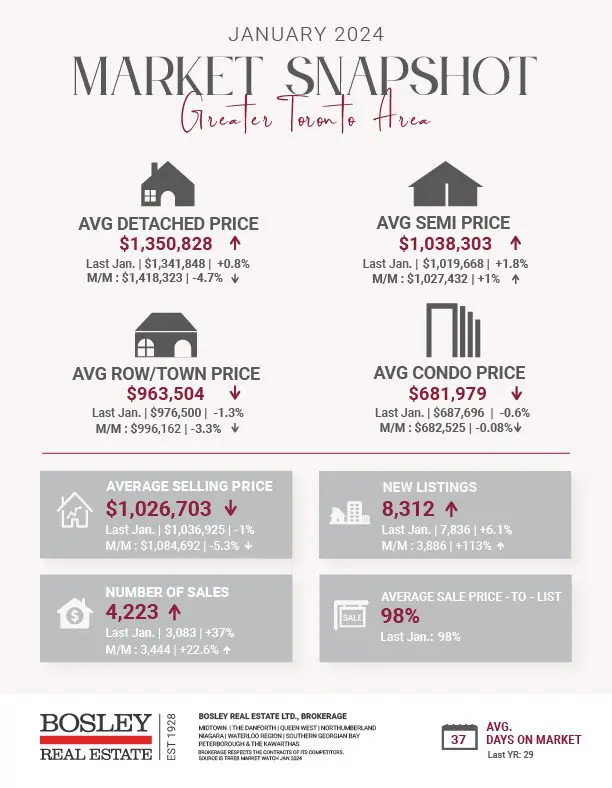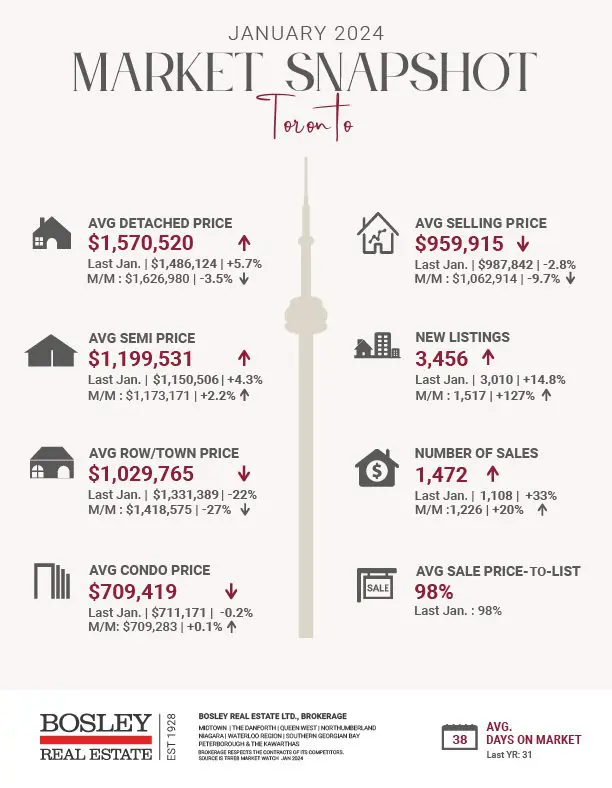


Tarion the home consumer protection agency in Ontario could face $90M in claims as developers walk away from projects and home buyers lose deposits.
Ontario’s real estate watchdog, Tarion, confronts an unprecedented challenge as it braces for over $90 million in claims from home buyers, marking the largest claim event in its history. The surge in claims stems from builders abandoning projects or engaging in illegal operations, compounded by rising interest rates, escalating construction costs, and persistent labor shortages.
This situation places immense pressure on Tarion, tasked by law to ensure warranty coverage for new home purchases, signaling a critical moment for consumer protection and regulatory oversight in Ontario’s housing market.
Developers are required to abide by new-build warranties. If a builder fails to deliver a home to the purchaser and is unable to provide a refund, a deposit claim can be made by the buyer to Tarion.
According to Tarion, if a buyer signed their purchase agreement on or after Jan. 1, 2018, homes with a sale price of $600,000 or less have up to $60,000 of their deposit covered. Homes over $600,000 have protection coverage of 10 per cent of the sales price to a maximum of $100,000. For people that put down more than $100,000 deposit they will lose that money.
Tarion did not provide information on how many builders have filed for bankruptcy, failed to complete projects, or built homes illegally, but there have been a number of high-profile cases in the last year.
In 2023, the developer State View Homes collected tens of millions of dollars in deposits for more than 450 homes that it did not have authorization to sell, bypassing the necessary measures to legally sell new homes. In an alarming shift, Tarion’s expected payout for 2024 surpasses previous years’ figures, with claims rising from $1.2 million to $1.6 million annually between 2019 and 2021 to nearly $7 million in 2022.
Despite the massive increase in payouts, Tarion said it is not expected to impact its ability to respond to future claims.
To better protect consumers for freehold properties, Tarion should follow similar deposit protection laws outlined in the Condominium Act, which requires condo builders to place all deposits in trust, meaning the deposit is protected. The same laws don’t apply for freehold buyers, which is completely irresponsible
Here are the top 5 trending stories of the week:
- Tal holds fast to forecast: Interest rate cuts likely this summer | “CIBC World Markets deputy chief economist Benjamin Tal believes major global economies are slowing down, but told the audience at the Feb. 27 CBRE Canadian Market Outlook in Toronto he thinks that’s a good thing for the Bank of Canada.”
- Real estate association economist asks if B.C.’s flipping tax is worth the trouble | “The chief economist of the British Columbia Real Estate Association says the incoming tax on flipping houses may not generate as much revenue as the government expects and might only impact a small number of properties. Brendon Ogmundson says about 10 per cent of real estate transactions in Metro Vancouver take place within two years of a purchase, and many of those sales would be exempt from the new tax for reasons such as divorce or job relocation. ”
- Why Navigating a Tight Housing Market Requires an Open Mind | “Say you want to buy a home in Toronto and have a budget of $600,000. You also want three bathrooms. At the end of January, 236 homes for sale fit that description on realtor.ca. Settle for two bathrooms and your options triple: 724 possible matches. And if you can get by with one, your options would double again to 1,565, or nearly five times the original number of potential homes.”
- More Ontario residents turning to non-traditional housing options in overpriced market | “Buying property with friends and family has become a trend in the Toronto market in recent years due to how unattainable housing here is otherwise, and it is now just one of a number of types of non-traditional home ownership that are growing in popularity nationwide. New data from Re/Max provides some insight into just how many people in major Canadian cities are now resorting to things like going in on a house with loved ones, renting to own, or buying property for its rental potential, given the state of today’s economy.”
- Here’s how home prices versus living costs in Toronto compare to other Canadian cities | “In recent years, affordability in Toronto has been on a noticeable decline, with everything from rent prices to grocery bills and mortgage payments seeing a dramatic hike, forcing some city dwellers to consider relocating.”

The Bosley Advantage
Read about the heritage and innovation that form the foundation for Bosley’s industry-leading approach to real estate.







